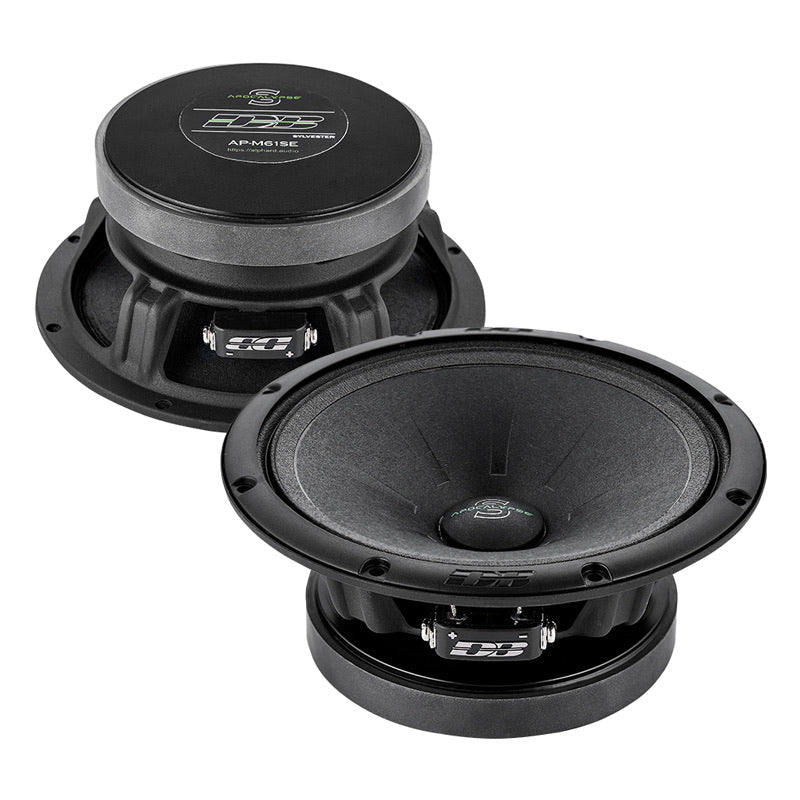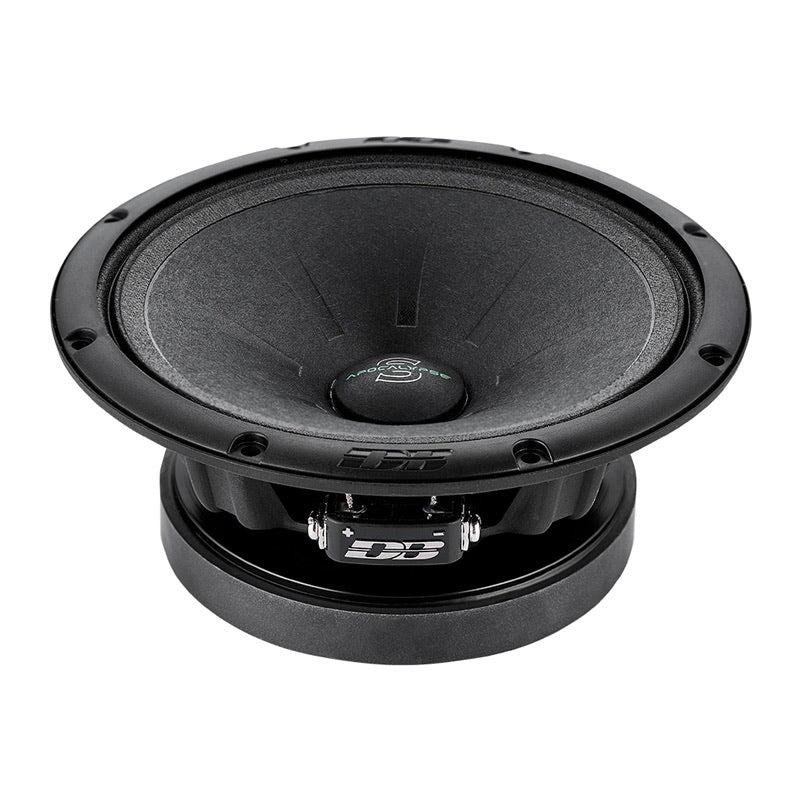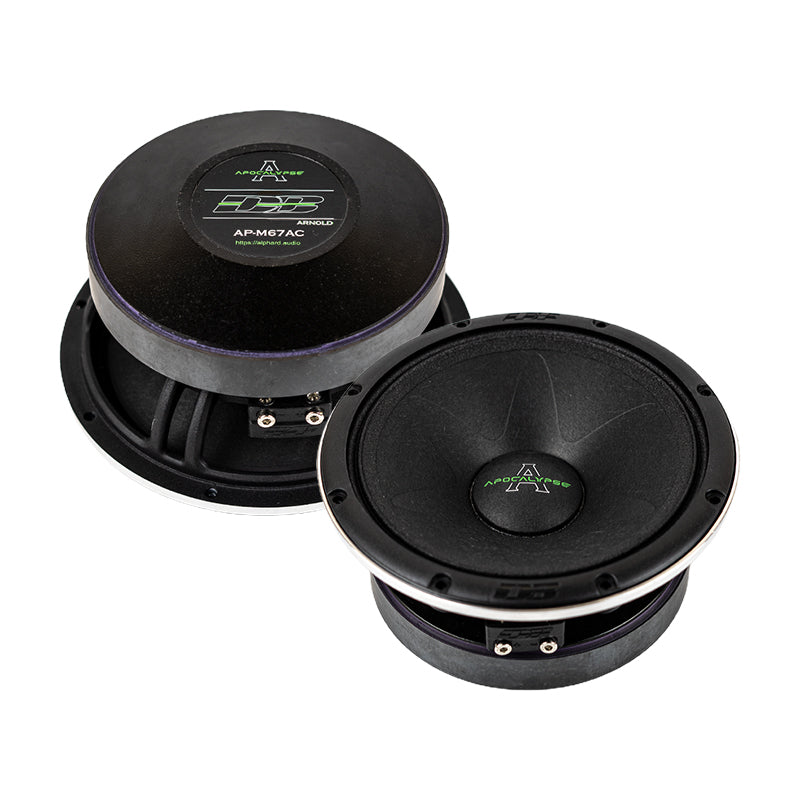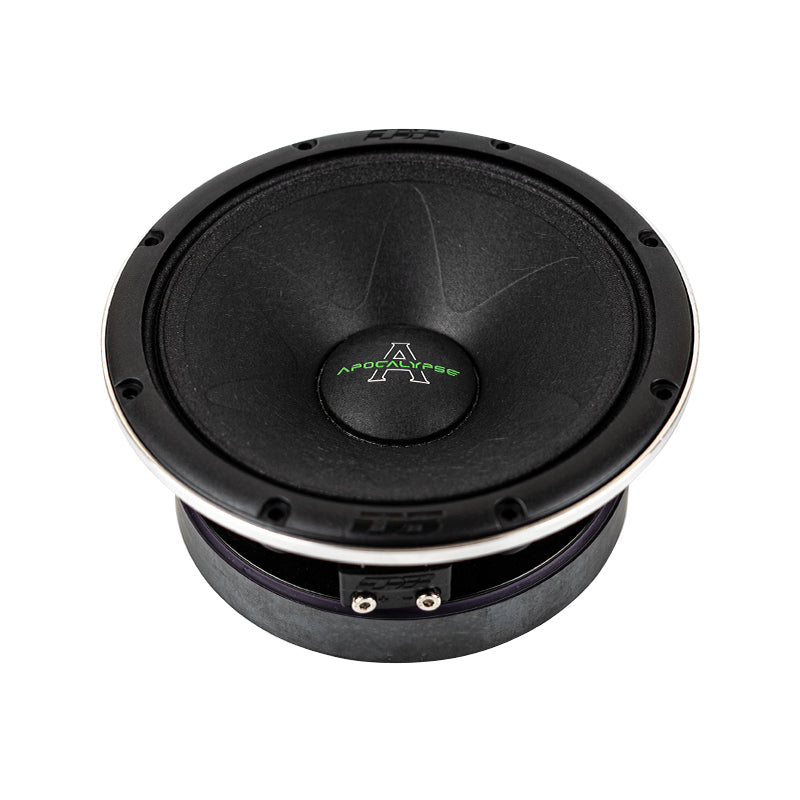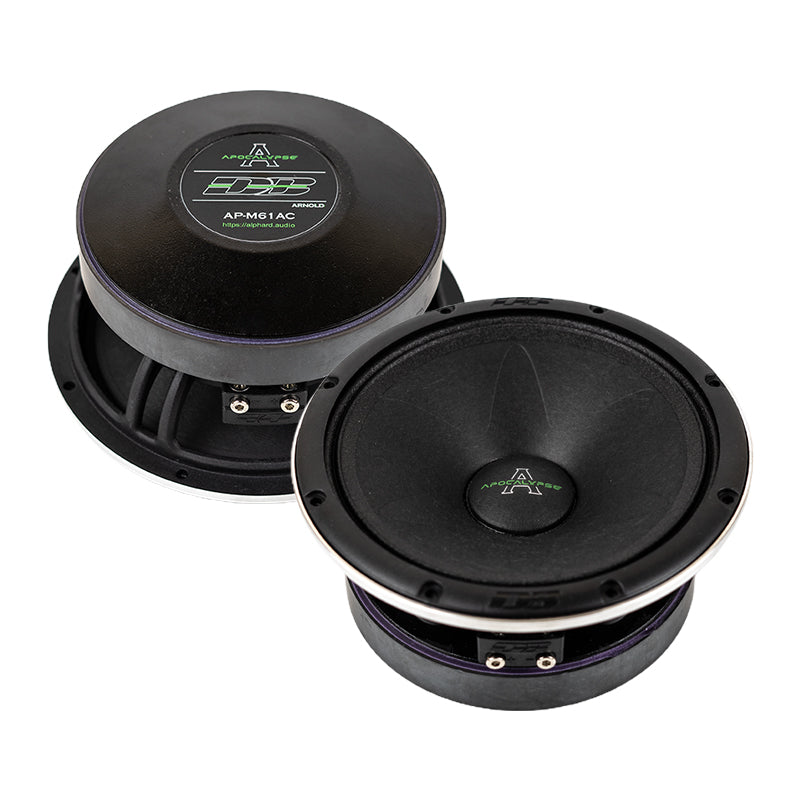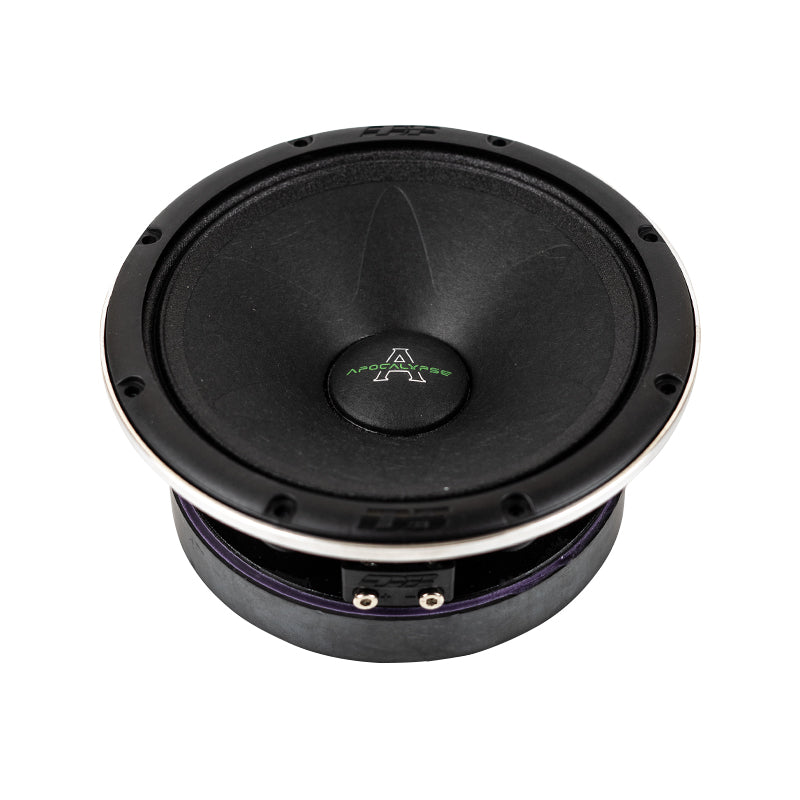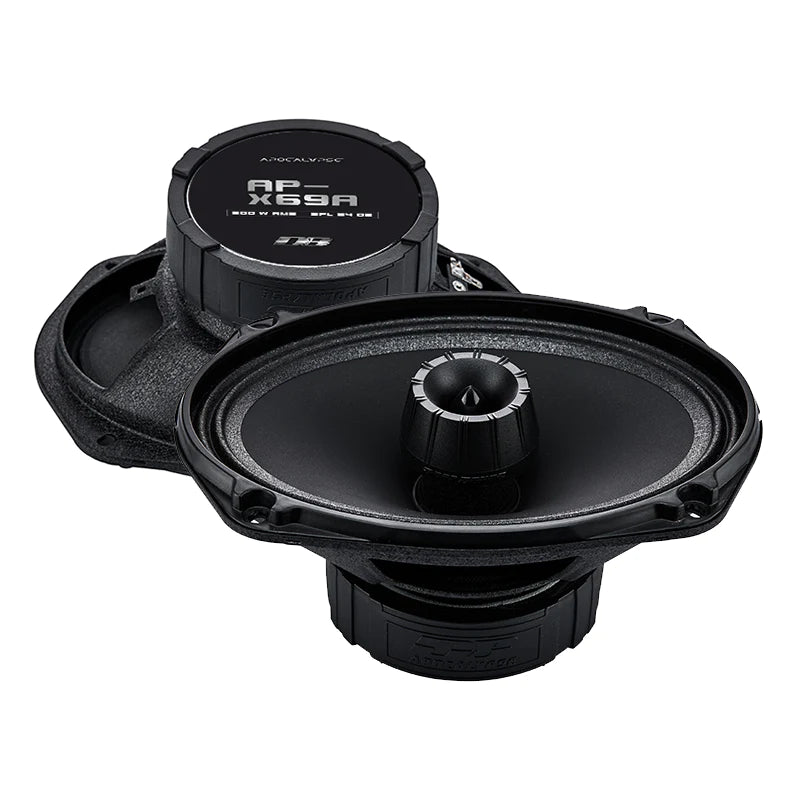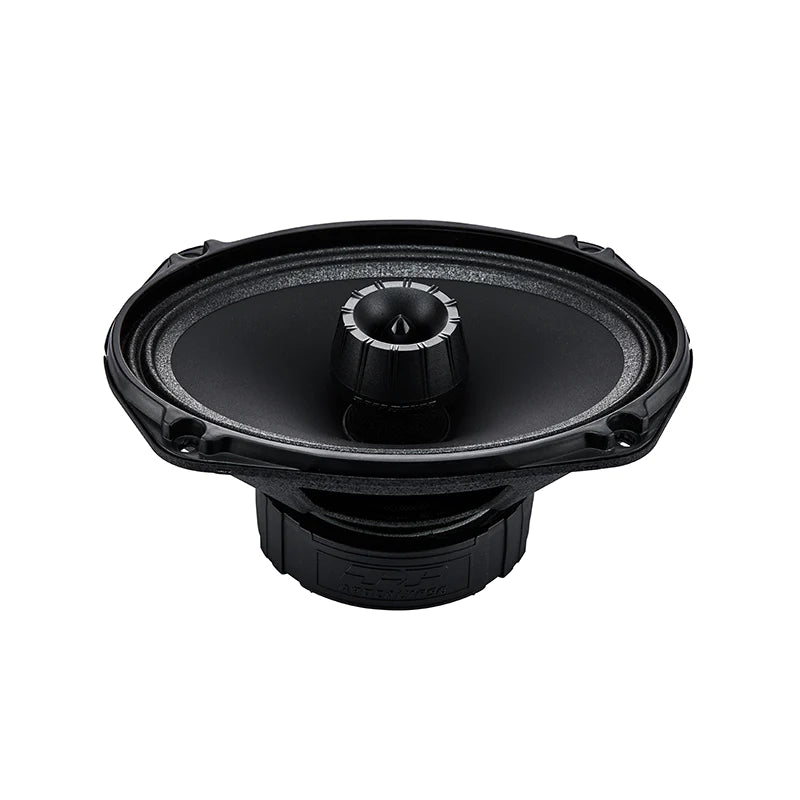When your car audio system all at once stops playing or your bass does not seem as strong as it should, it is likely that the electrical system in your car is not doing as well as it should. Poor audio performance can frequently be due to voltage drops and can silently deny even the best performing amplifiers their possible potential. Knowledge about the reasons for their occurrence and methods to fix them can bring back the strength and clarity that your system deserves.
Why Voltage Stability Matters in Car Audio
Every part of your car sound system like amplifiers, speakers, and head units always depends on electricity supply and all need consistent voltage to perform. When the required voltage drops below a safe level, amplifiers can’t deliver full power, and the entire audio system becomes less efficient.
Voltage is the energy that fuels your car sound system. Without enough energy your amplifier struggles to reproduce deep bass, and distortion starts to creep in. Stabilizing voltage is one of the most critical aspects of achieving clean and powerful sound.
What Is a Voltage Drop?
When Electrical energy is lost before it reaches the amplifier or other audio components, it causes a voltage drop. This drop can occur anywhere in the power path, including from the battery to the alternator, wiring, or grounding points of the car audio system.
It’s not always clear. Many systems continue to play, but at lower output and reduced clarity. Over time, this strain can shorten component lifespan and cause issues like amplifier power loss or even total shutdown during high-volume playback.
Common Causes of Voltage Drop in Car Audio Systems
There are several reasons why your car audio system might experience a voltage drop. Some are related to installation, while others stem from the electrical design of the vehicle.
1. Undersized Power or Ground Wires
Thin or low-quality wiring increases electrical resistance, preventing full current flow to your amplifier. This issue is especially common when people upgrade to high-power amps but keep factory wiring.
2. Weak or Old Battery
A failing battery cannot maintain a steady voltage under load. If your lights dim when the Bass hits, this is a clear indication that the battery might be struggling.
3. Insufficient Alternator Output
Car electric systems have an important part which is Alternators that recharge your battery & powers accessories while driving. When your car audio system consumes more electricity than the alternator can supply, the voltage will drop.
4. Poor Ground Connections
A bad ground connection adds resistance to the electrical circuit. It often causes flickering lights, crackling speakers, and erratic amplifier performance.
5. Excessive Load on Electrical System
Multiple amplifiers, lighting upgrades, and accessories can all compete for the same power source, pushing the electrical system beyond its designed capacity.
How Voltage Drop Affects Sound Quality
Voltage instability doesn’t just reduce volume; it changes the entire sound signature of your system. Here’s what typically happens when voltage drops during playback:
|
Effect |
Description |
|---|---|
|
When voltage dips too low, amplifiers distort instead of producing clean sound. |
|
|
Loss of Bass Response |
Low voltage reduces the amp’s ability to handle dynamic low frequencies. |
|
Speaker Damage Risk |
Distorted output can overheat and damage voice coils over time. |
|
System Shutdowns |
Many modern amplifiers automatically power off to protect themselves when voltage drops too far. |
The result is inconsistent performance that can make even premium equipment sound weak or unstable.
Identifying Voltage Drop Issues
Voltage drop is the actual issue, make sure to highlight this before replacing any part of your car audio system. By using a multimeter you can measure these voltage points.
-
At the battery terminals: Check resting voltage and with the engine running.
-
At the amplifier input: Compare readings while music plays at different volumes.
-
Across ground points: Measure resistance between amplifier ground and chassis.
If the voltage difference between the battery and amplifier exceeds 0.5 volts under load, your wiring or grounding needs to be checked.
Fixing Voltage Drops & Restoring Power
Addressing voltage drop in car audio doesn’t always require replacing expensive components. Start with these proven fixes.
Upgrade Power and Ground Wires
Thicker wires reduce resistance and carry more current with less voltage loss, for that recommend to use oxygen-free copper cables of required gauge.
Improve Grounding Points
Scrape paint or rust off grounding areas to ensure solid metal-to-metal contact. Using star washers or ring terminals helps create a firm connection.
Test & Replace Weak Batteries
If your battery can’t maintain voltage above 12.5V under load, you need to upgrade to a high-capacity battery which is designed for car audio systems.
Check Alternator Output
Measure charging voltage while playing music at volume. If it consistently drops below 13V, upgrading the alternator or adding a high-output version can make a major difference.
Add a Capacitor or Secondary Battery
Capacitors store short bursts of energy and release them during demanding Bass hits. For larger systems, adding a second battery can help maintain stable voltage during extended listening sessions.
Clean All Electrical Connections
Corrosion and loose terminals can quietly drain power. Periodically inspect and tighten all connections from front to back.
Preventing Amplifier Power Loss Long Term
Keep your car audio system regular checks after running smoothly. Clean terminals, inspect wiring for damage, and monitor voltage during routine maintenance.
Avoid running your system for long periods with the engine off, as this accelerates car battery drain audio problems. If you frequently play music while parked, invest in an isolated secondary battery designed for deep-cycle use.
It’s also smart to choose amplifiers with built-in voltage monitoring. These provide real-time data on electrical stability, helping you catch problems before they affect performance.
Why Proper Power Management Matters
High quality automobile sound system is not all about sound volume but about moderation and consistency. Those reliabilities are based on power delivery. Each of the upgrades you do on the wires to the alternators adds up to the sound consistency.
At constant voltage, your system operates at lower temperatures, distortion is lower and your music is full-bodied at any volume. Constant power ensures that your investment is safe and your listening experience at an optimum.


